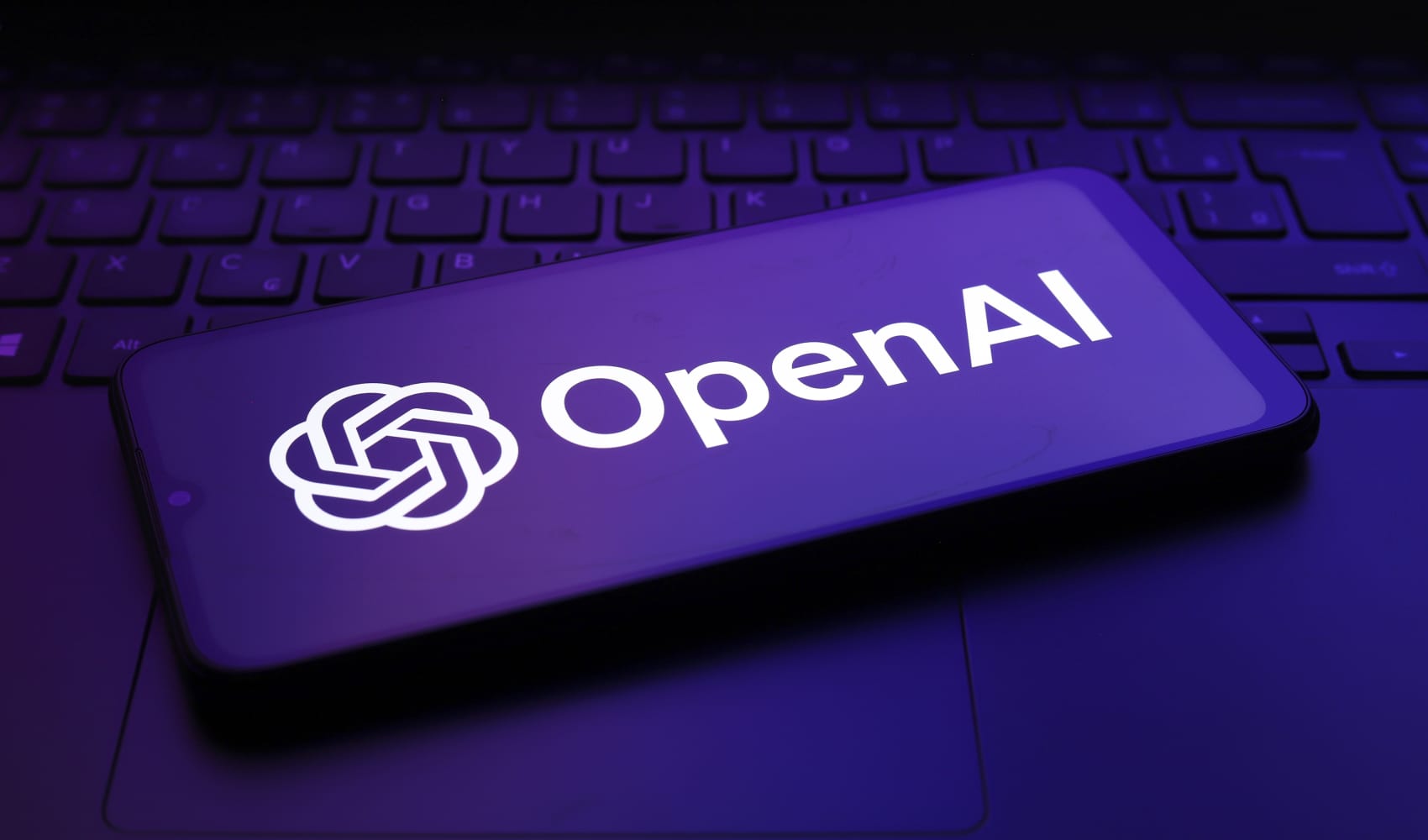
Americans are in a lot of debt. Total U.S. household debt recently reached $17.8 trillion and credit card balances and delinquencies recently hit all-time highs. This doesn't only impact people's ability to keep up with bills — it can change the trajectory of their careers.
Four in 10 adults say they're making career choices based on their debt, according to the American Staffing Association's Fall 2024 Workforce Monitor survey. And 10% say their debt keeps them in a job they hate.
Watch NBC6 free wherever you are
>"Increased levels of personal debt results in limited mobility in the job market, reduced quality of life, and reduced prospects for the future for a growing number of individuals and their families," said Richard Wahlquist, CEO of the American Staffing Association, in an October 2024 press release.
If you're struggling with debt, you may feel pressured to turn down your dream job if it doesn't pay enough or stay at a job you don't like for years. There are plenty of debt relief strategies that financial pros recommend — but don't overlook getting help from an unexpected source: your current employer.
Get local news you need to know to start your day with NBC 6's News Headlines newsletter.
>Depending on where you work, you could have access to resources and programs that can help you take control of your debt and your career.
Take advantage of financial counseling resources offered by your employer
If even thinking about your finances gives you anxiety, you're not alone. While hiring a qualified financial professional is a great move to make, you may have access to one through your job for free.
Money Report
Ask your employer's human resources department if they offer an Employee Assistance Program. EAPs are free programs companies offer that provide confidential assessments, referrals and counseling to employees. And while 74.1 million people in the US have access to an EAP, fewer than 10% of workers use it on average, according to a 2022 study by Attridge Consulting, a Minneapolis-based health-care research firm.
In addition to assistance with personal and work-related issues, EAPs may offer financial planning or counseling services free of charge. A typical EAP provides 3 to 10 visits with a professional per year, according to a recent report from Burr Consulting, a New York-based HR consulting firm.
These and other types of financial wellbeing programs are catching the eyes of a growing number of CEOs, who understand that their employees' fiscal health is critical to their success at work.
Employees who are stressed about their finances "are not as productive because they cannot focus on the minute-to-minute and day-to-day activities that are required for them to execute their job," said Michael Woodhead, chief commercial officer of FinFit, in a 2024 press release.
Let your employer pay off your student loan debt
If you're on the hunt for a new job, consider targeting one of a growing number of companies who will help pay down your student loans.
Under the 2020 CARES Act, businesses can make a tax-free contribution of up to $5,250 per year to each employee, through 2025, to help manage their student debt. These might take the form of a no-strings-attached part of your income, or a matching contribution to a workplace retirement plan, where your employer matches a portion of your paycheck that you set aside to pay down your student loans.
More than a third of employers offered some type of student loan repayment support in 2023, according to a study from the Employee Benefit Research Institute, up from 25% of employers in 2022 and 17% in 2021. These programs may become even more common as more employers realize they're a win-win for businesses and workers, says Craig Copeland, director of wealth benefits research at EBRI.
"This is one way [employers] can really help their employees and garner more loyalty," he said in a 2023 interview.
If you feel stuck by the choice between saving for retirement and paying down your student loans, a recent law now lets your employer help on that front, too.
Thanks to a provision in a 2022 law known as Secure 2.0, employers can now match employees' student loan payments in the form of a contribution to their 401(k), 403(b), Simple IRA or alternate workplace retirement plan. And the process doesn't involve providing your employer with a mountain of paperwork, says higher education expert Mark Kantrowitz.
"Employees do not actually need to prove that they are making payments on their student loan," he recently told CNBC. "They simply need to sign a document attesting that they are making the payments."
Because this is a relatively new benefit, your company may not offer it or even know about it. If it's something you're interested in, it pays to speak up, Kantrowitz says.
"If several people ask for it, they will start thinking about it."
Want to earn more money at work? Take CNBC's new online course How to Negotiate a Higher Salary. Expert instructors will teach you the skills you need to get a bigger paycheck, including how to prepare and build your confidence, what to do and say, and how to craft a counteroffer. Pre-register now and use coupon code EARLYBIRD for an introductory discount of 50% off through Nov. 26, 2024.
Plus, sign up for CNBC Make It's newsletter to get tips and tricks for success at work, with money and in life.






